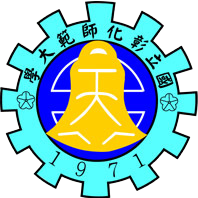SDG10.3.1 Number of international students from developing countries
Number of students
The total number of FTE students in 2021 was 7,103, including 4,942 Bachelor’s students, 1,655 Master’s students, and 506 Doctoral students.
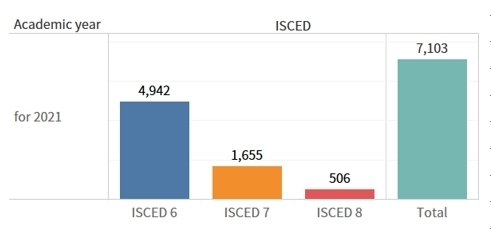
Number of international students from developing countries
1. Number of international students from developing countries
A total of 295 students (including those from Hong Kong and Macao), who account for 4.15% of NCUE’s student population, come from developing countries, such as Malaysia, Vietnam, and India.
Table: Percentage of Grade I international students from developing countries/regions at NCUE in 2021
|
Program |
Students from developing countries |
Number of students |
Percentage |
|
Bachelor’s program |
227 |
4,942 |
4.59 % |
|
Master’s program |
40 |
1,655 |
2.42 % |
|
Doctoral program |
28 |
506 |
5.53 % |
|
Total |
295 |
7,103 |
4.15 % |
Table: Statistics on the number of Grade I international students from developing countries/regions at NCUE in 2021
|
Country |
Year - 2021 |
|
Malaysia |
132 |
|
China |
127 (including Hong Kong and Macao) |
|
Vietnam |
15 |
|
India |
10 |
|
Indonesia |
4 |
|
Mongolia |
2 |
|
South Africa |
2 |
|
Philippines |
1 |
|
Pakistan
|
1 |
|
Iran
|
1 |
|
Total |
295 (including Hong Kong and Macao) |
Record date set by MOE: Oct. 15, 2021
2. NCUE provides financial support to students from developing countries in various ways, such as government, school, and non-governmental scholarships, epidemic prevention subsidies, and opportunities to participate in research projects and work-study in schools, as well as reduction of tuition, miscellaneous fees, and accommodation fee, so that students can be reassured to study in Taiwan. Moreover, despite the severe COVID-19 pandemic in 2021, NCUE still stay in touch with teachers and students of partner universities in developing countries by various means, such as organising or participating in offline or online activities and publishing research papers in cooperation.
Table: Use of NCUE funds for financial aid projects supporting students from developing countries in 2021
|
Item |
Service |
Number of students served and the amount |
|
Tuition and miscellaneous fee reduction for overseas Chinese students |
Those who receive the aid can have their tuition and miscellaneous fees reduced by 1/3 in the fall and spring semesters. |
30 students, 1,622,265 NTD |
|
Key Points of NCUE’s Implementation of Rewards for Foreign Students |
Those who receive the rewards can be exempted from tuition, miscellaneous, and accommodation fees for one academic year. |
25 students, 1,227.681 NTD |
|
Installment arrangements for tuition and miscellaneous fees |
Economically-disadvantaged overseas Chinese students and foreign students with proof can pay in three installments at most. |
21 students, 824,147 NTD |
|
Scholarships for outstanding students |
Including the Scholarship for Distinct Academic Performance, Scholarship for Outstanding Talent, and Scholarship for Service and Dedication |
5 students, 24,000 NTD |
|
Work-study student subsidies |
The served students include students with disabilities, indigenous students, students eligible for the aid plan for disadvantaged students in colleges and universities (students from low-income households as well as low-to medium-income households, families in hardship, and children of persons with disabilities), students whose families are facing financial difficulties due to unexpected events, as well as economically-disadvantaged overseas Chinese students and foreign students. |
28 students receive work-study student subsidies totaling 1,241,426 NTD (excluding 25 students from Hong Kong and Macao, 1,080,805 NTD) |
|
Graduate scholarships |
Awarded to those with outstanding performance in academic research. |
Work-study subsidies: 18 people, 563,825 NTD (excluding 12 students from Hong Kong and Macao, 356,704 NTD) |
For the details of other forms of aid provided by agencies of the central government and civil organizations, please refer to Annex 10.3.1A, Financial Assistance for Students from Developing Countries.
3. Exchange activities between NCUE and institutions in developing countries
3.1 Academic and learning exchange activities: NCUE has more than 220 partner universities around the world, among which 28 are located in underdeveloped and developing countries. Despite the continuously developing global COVID-19 pandemic , NCUE continues to communicate with its overseas partners online and offline through different plans such as teacher training, internships, program establishment, lectures, and academic conferences to enhance the international participation of teachers and students, and to support our partners with NCUE’s expertises and experiences in academic research and teaching. We have conducted such activities with partner universities in countries such as India, Indonesia, Vietnam, Ukraine, and Ghana.
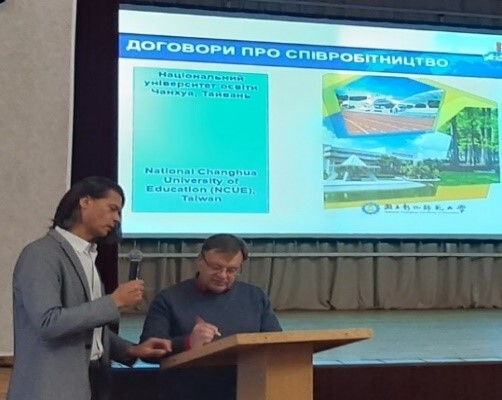
NCUE International Office’s exchange and cooperation plan with 19 higher education institutions in Vietnam on October 29, 2021
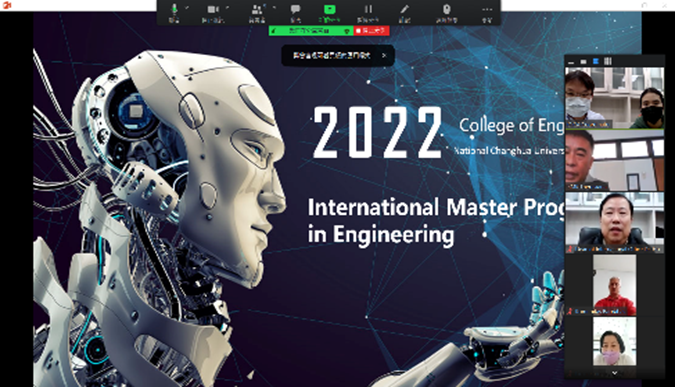
On December 24, 2021, the Deans of the International Office, the College of Science, and the College of Engineering of NCUE had a discussion with India’s Karpagam Academy of Higher Education about the cooperation on MoU establishment, student exchange programs, and the academic exchanges and joint research projects conducted by both institutions.
3.2 A series of multicultural activities: NCUE regularly organizes a series of multicultural activities for students every year, such as the Lecture Series on Global Education and cultural experience workshops, and inviting foreign institutions in Taiwan, professionals, or foreigners to the campus to share their ideas on different cultural themes or to conducts practical activities to enable students to gain a better understanding of multiculturalism; the annual International Week and OCSA Week, which are held to facilitate the cultural exchanges between foreign and local students with a series of cultural lectures, workshops, exhibitions, stage shows, and school fairs; the Cultural Experience Tours conducted multiple times a year to show overseas students Taiwan’s cultural attractions and lead them to delve more deeply into the communities to learn about their customs; In the activities of the “Chinese Culture International Summer Camp,” inviting overseas students are invited to Taiwan and participate in a series of courses involving the Chinese language, local culture, and crafts, and leading them to visit neighboring towns to gain first-hand experience about Taiwanese culture.
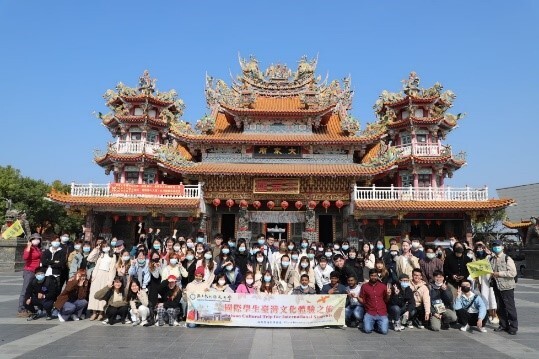
Every year, NCUE holds educational and cultural visits for overseas students, leading them to delve more deeply into communities to learn about their customs.
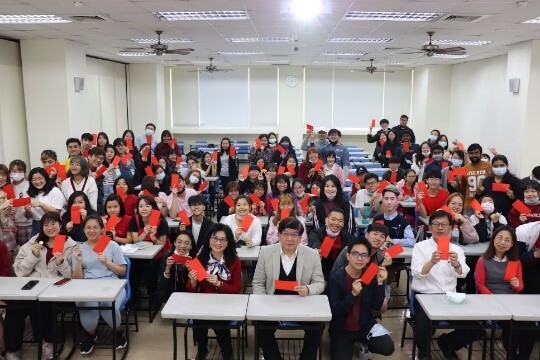
Spring festival parties are held for overseas students to share the lively vibe of the festival.
Please refer to Annex 10.3.1B, Communication Activities with Developing Countries.
